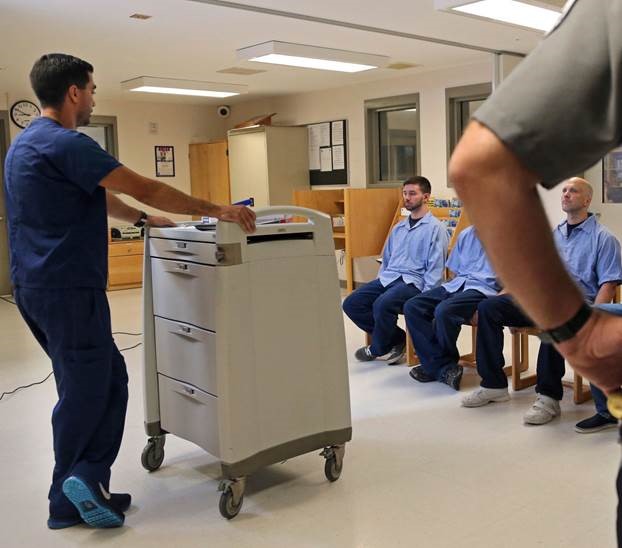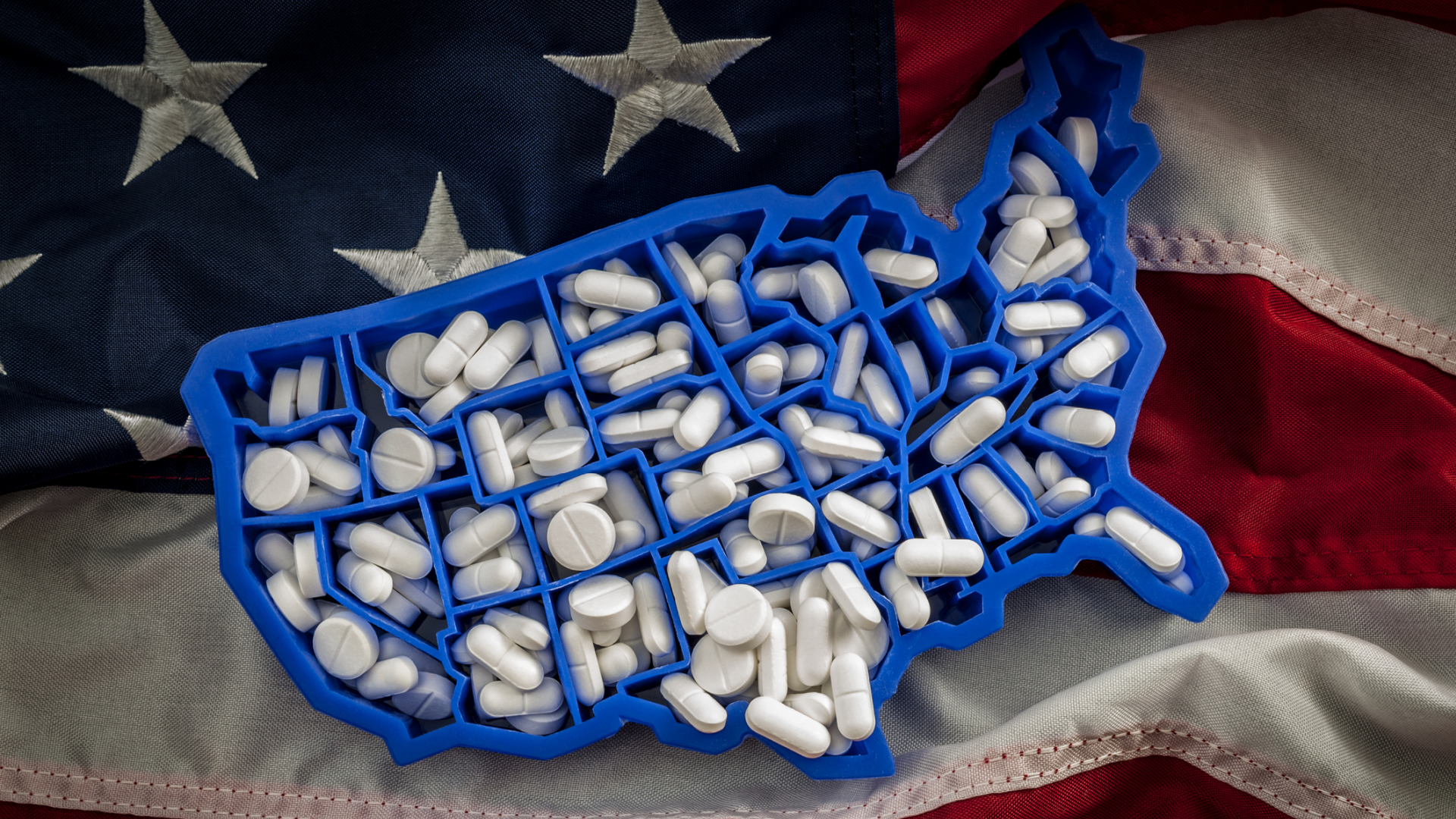Substance Use Navigator Program at the University of California at Davis Medical Center
The goal of the Substance Use Navigator Program is to expand drug and alcohol abuse counseling to more emergency departments throughout California, and eventually bring 24-7 access to addiction treatment to all hospitals in the state by 2025....







